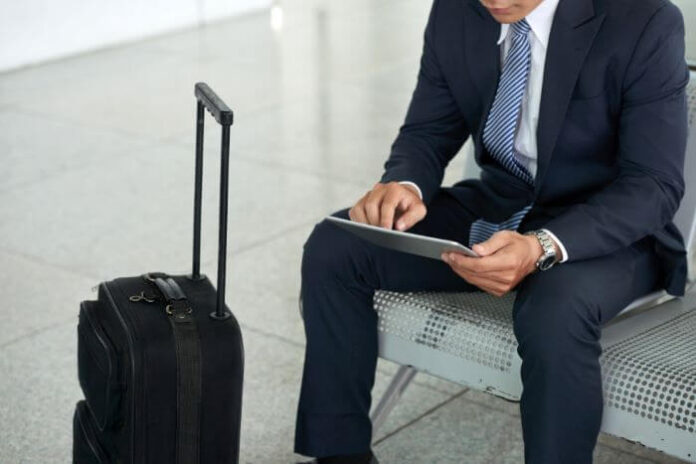Expansion and new clients are a priority of any progressive business sector, and business travel plays a large role in making this possible. Whether you’re traveling closer to home or internationally, corporate travel provides the opportunity to visit different areas of the world and expand into new markets. From there, you can create global partnerships that will take your business to the next level.
However, regardless of whether you’re traveling by train, car, or by plane, booking transport can be costly, especially when left at the last minute. If your employees and executives travel frequently, then understanding how to manage it will help your company save time and money.
So, in this post, we will be showing you some effective ways to manage business travel within your business. Just keep reading!
Ways to Effectively Manage Business Travel Within Your Company
#1: Economy and business class flights
Traveling by plane and visiting foreign countries for business is becoming more and more common for companies across the US. In fact, it was calculated that 75% of airlines’ revenue in 2021 was generated by business travel on international flights.
For regular-level employees, you should supply economy or business-class plane tickets, especially if the frequency of travel is not very high. Alternatively, when company travel is commonplace, you’ll need to manage travel requests on a larger scale and on an individual basis.
#2: Private flights
For executives and CEOs, catching flights across the world will be far more common, especially as your company expands. Travel could be required at any given moment, which makes booking frequent flights hard to manage regularly.
This is where using aircraft management companies for your business can be more convenient and better value. Not only is this a great help for scheduling flights for your executives, but also ensures that there is never a time when your staff is unable to reach an important destination.
#3: Car travels
Sometimes the journey distance for corporate events is not worth air travel and, in these cases, traveling by car makes more sense. Offering company car schemes to employees is a great way to efficiently oversee car travel and guarantees that employees can travel to important meetings.
When meeting big clients, hiring a private chauffeur for higher-level executives can make a great first impression and ensures your staff arrives well-rested and ready to liaise with them.
#4: PAs and travel planners
Hiring a travel planner or personal assistant for regular travelers means that journey schedules are being directly managed. This ensures that everything is correct and that your employees are always where they need to be.
Having someone who is entirely responsible for monitoring travel is common for companies where corporate traveling is well-established. It is up to you whether you hire internally or choose agency staff.
Now, let’s take the article a bit further to help you get the best business travel experience ever. Let’s see some tips for care and safety during business travel trips.
Tips for Care and Safety During Business Travel Trips
When it comes to business travel, ensuring the safety and well-being of employees is paramount. Implementing a comprehensive duty of care program not only protects your personnel but also mitigates potential risks and liabilities. Let’s talk about some key considerations for maintaining travel safety within your company.
Travel Risk Assessment
Conduct a thorough assessment of potential risks associated with various destinations. Factors to consider include political stability, health risks, natural disasters, and security threats. Stay updated on travel advisories and leverage resources like government websites and travel security agencies to make informed decisions.
Travel Safety Guidelines
Develop and communicate clear travel safety guidelines to employees. These guidelines should cover essential aspects such as personal safety, health precautions, emergency procedures, and communication protocols.
24/7 Emergency Support
Establish a reliable system for round-the-clock emergency support. This can include a dedicated travel assistance hotline or utilizing the services of travel risk management providers. Maintain clear lines of communication with travelers during emergencies, offering guidance and assistance as needed.
Employee Communication
Establish effective communication channels to stay connected with employees during their travels. Utilize technology such as mobile apps or instant messaging platforms to provide real-time updates and safety alerts. Encourage employees to check in regularly and report any concerns promptly.







